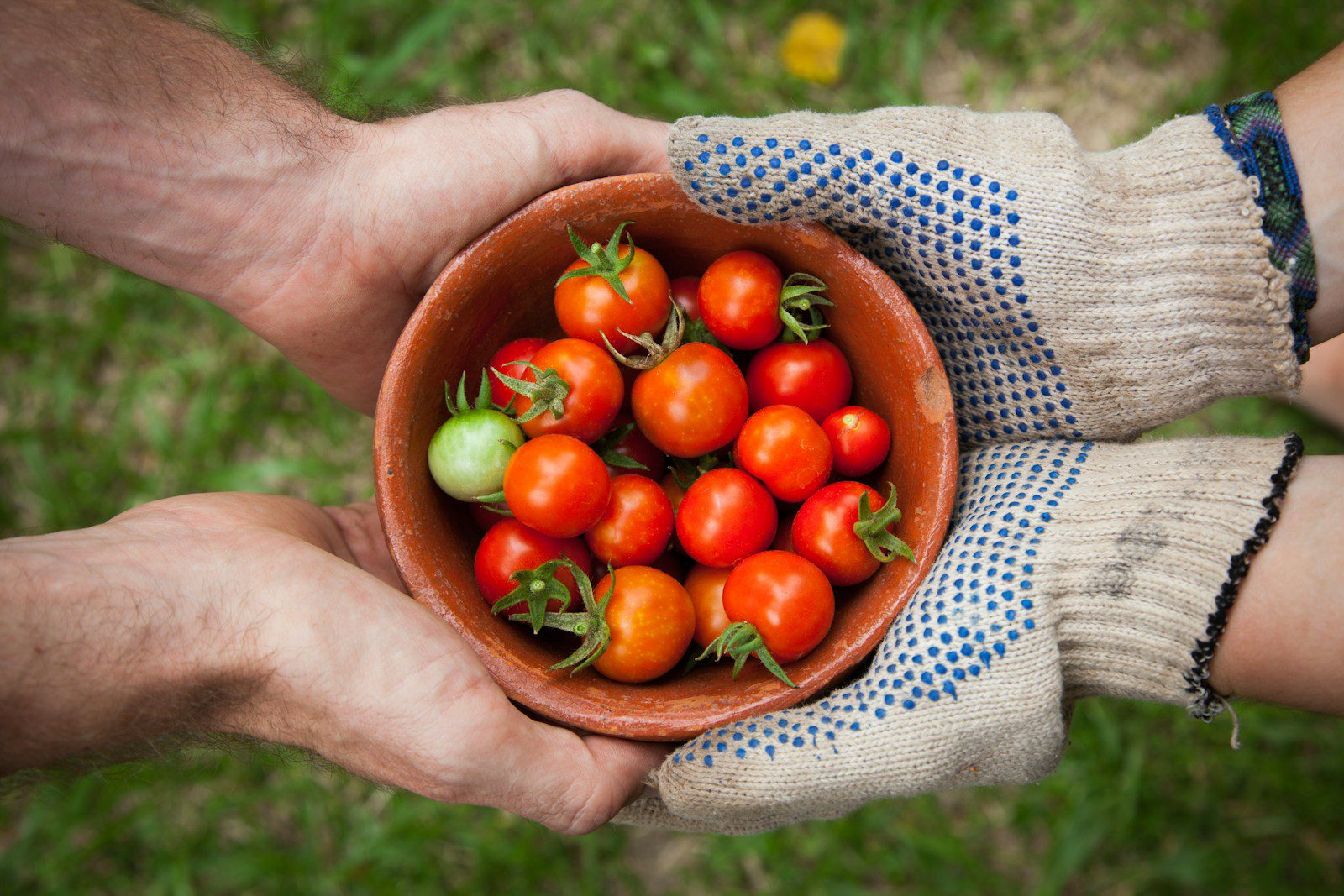Take the Quiz:
Reducing food waste is not just a personal action towards decreasing your carbon footprint; there are many ways to get involved in food waste systems at the community, state, and federal levels. And taking action in your community is a critical piece of making broader change in our society and creating food systems that are healthy for the planet and equitable for everyone.
Below are several ways you can make your voice heard and get involved:
ACTION ITEM: Explore one of these opportunities and comment below on how you might be able to get involved in the community! Make sure you join our food waste challenge to stay up-to-date on the best ways to make systemic change happen.
Local Community Involvement & Volunteer Opportunities
- Food Gatherers Food Gatherers rescues local food and builds community resources for hunger relief. They are the largest anti-hunger program in Washtenaw County, distributing millions of pounds of food, much of which would have otherwise ended up in a landfill, to neighbors experiencing food insecurity! Sign up to volunteer here.
- Growing Hope: Growing Hope is a local nonprofit organization focused on strengthening and supporting the local food system, and creating less waste along the food supply chain. Their work includes operating farmers’ markets, an urban farm, and a number of other initiatives including community composting! Sign up to volunteer here.
- Stay involved with A2ZERO & ZeroWaste.Org: Join the A2ZERO Ambassador Program, which provides an opportunity for interested individuals to dive deeply into pathways for advancing local sustainability initiatives, resilience, and carbon neutrality. Or volunteer with ZeroWaste.Org on important waste-reduction initiatives including food waste reduction.
Policies & Initiatives
Important work is happening at all levels (local, state, and federal) to address food waste. Below are a couple of examples of policies and initiatives at each level along with links to learn about additional efforts to address food waste. You can take action by contacting your elected officials to share your thoughts on these policies and make your voice heard.
Local: Ann Arbor & Washtenaw County
- A²ZERO Strategy 5: Change the Way We Use, Reuse, and Dispose of Materials Strategy 5 of the A2ZERO Plan includes six different actions, including one specific to reducing food waste in our landfill through expanding the City’s composting program. Learn more about this strategy in the A2ZERO Plan.
- The Washtenaw Food Policy Council’s Food Waste & Packaging Policy Action Team: The Washtenaw Food Policy Council’s waste-focused action team is made up of members of the public dedicated to minimizing food waste in Washtenaw County without compromising food safety, and developing policy and educational campaigns around food waste prevention and recovery.
- The Ann Arbor Area Sustainable Food Business Coalition: Making your support for food waste reduction known at local businesses is a great way to broaden your impact. The most effective feedback is specific, curious, supportive, and directed at the ultimate decision-makers. Try to avoid the shame game. Just like individuals, businesses are struggling with the same lack of alternatives and cultural headwinds that make this work difficult for anyone! If you’re looking for a specific recommendation to offer your favorite food business, encourage them to join the Ann Arbor Area Sustainable Food Business Coalition, which provides a space for food businesses to gather and discuss sustainability initiatives and policies, including food waste reduction.
State Level: Michigan
- The 2030 Project (Make Food Not Waste): One of the key recommendations of the MI Healthy Climate Plan is to reduce food waste by half by 2030. Make Food Not Waste is leading the 2030 Project and working to reduce food waste in Southeast Michigan. The goal is to divert all of the food waste in the 15 largest cities in Michigan from landfills. The project began in January 2024 and is currently working on a plan for the first city, Southfield. Learn more about The 2030 Project and sign up to volunteer or get updates from Make Food Not Waste here.
- Learn about additional state policies related to food waste including date labeling regulations.
Federal
- Food Date Labeling Act: This act is intended to standardize food date labeling requirements and practices across the United States. Currently, these regulations and practices vary widely across states. Often date labels do not indicate the safety of food for consumption, but instead an estimate of when the food will remain at its best tasting, resulting in good food going to landfills and becoming waste. Learn more about the federal Food Date Labeling Act.
- 2024 Farm Bill: This is a package of federal bills that must be updated approximately every five years. The 2018 Farm Bill was the first to include specific food waste measures. The current bill could include additional measures that would prevent food waste, recover surplus food, and recycle food waste. Learn more about the food waste provisions that could be included in the 2024 Farm Bill. Learn about additional federal policies related to food waste.
Environmental & Food Justice
What is food justice?
- Food justice is the idea that food, just like air and water, is a human right. The Food Justice Movement works towards ensuring access to healthy, affordable, and culturally appropriate food for everyone. To this end, every step of the food process should be systematically examined to ensure workers’ rights and address the historical injustices that many communities have faced. This is a part of the environmental justice movement because the brunt of the disparities of the current food system are borne by low-income communities and communities of color, especially when it comes to food insecurity and food sovereignty: where individuals do not have reliable access to food or don’t have the ability to eat food that is cultural and sustainable.
Why does this matter?
- Food justice is an important part of the environmental justice movement. Food that is wasted is food that could have been feeding people, and historically minoritized communities are more likely to experience food insecurity and the negative impacts of food waste all throughout its lifecycle.
Food Justice Initiatives:
- Make Food Not Waste
- Food Gatherers
- What Is Food Justice and Why Is It Necessary? – FoodPrint
- Food Insecurity – Food Justice – Research Guides
Fighting food waste is an opportunity to connect with our neighbors and the world around us! With an issue as large as food waste, it’s easy to feel like you are in it alone. We hope this week has shown you that there is a huge community of people in Ann Arbor, just like you, who are passionate about building connections and reducing waste in the process.
Research and content contributions from Sarra Bridges, Azella Markgraf, and Sofia Berkowitz
SUMMER GAME CODE: FOODJUSTICE

